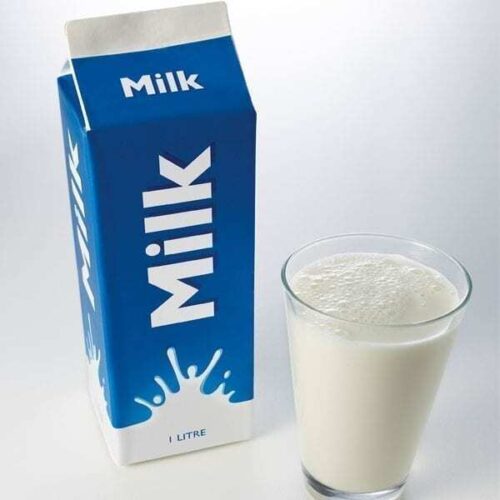
Just the Facts on Milk’s Nutrition
Milk—or, more specifically, cow’s milk—is indeed a good source of vitamins and minerals.
Milk is said to serve as an excellent source of protein, calcium, and vitamin D, which are considered ‘nutrients of concern’ among the U.S. population—indicating that many individuals do not consume adequate amounts of these nutrients! Additionally, it provides magnesium along with various other minerals and nutrients.
It is advised that if dairy products are not part of your diet, it can be quite challenging to obtain sufficient calcium, which is essential for maintaining strong bones. The vitamin D and potassium found in milk also play significant roles in promoting bone health.
How Much Milk Should You Drink?
For those who choose to include dairy in their diets, NPTI suggests that one serving per day is a reasonable guideline. NPTI Florida advises clients to “accessorize” their meals with dairy—for example, adding a slice of cheese to a sandwich or a splash of milk to coffee.
This might be surprising, especially since the USDA recommends three servings daily. However, NPTI Florida believes that this recommendation might be excessive. The only groups that may genuinely require that amount of dairy are children and the elderly, as they are often more selective eaters and might not otherwise obtain the necessary nutrients.
Why You Shouldn’t Overdo It on Dairy?
If you enjoy milk and do not have any allergies, most experts agree that it’s acceptable, and potentially beneficial, to continue consuming it—at least in moderation. The primary concern with consuming too much dairy is that it could displace other nutritious foods (such as fruits and vegetables) from your diet.
On the other hand, many individuals who remove milk from their diets and experience a sense of well-being typically find that it is not due to any negative effects of milk itself. Instead, they often replace it with a variety of more nutrient-rich foods, such as fruits and vegetables, leading to a more balanced and wholesome diet.
But Does Milk Make You Fat?
You may have heard claims that milk contributes to weight gain, but there is no solid evidence to support this. NPTI Florida explained that while it is true that milk originates from mammals and has a biological function—to nourish infants for growth and development.
Milk naturally contains growth hormone as well as IGF-1 (insulin like growth factor-1) — both of which are designed to make animals get bigger. There is no substantial evidence that the quantity of milk typically consumed is linked to obesity. It is also not enough to significantly increase muscle mass. However, some studies indicate that drinking milk post-workout can aid muscle development, largely due to its protein content.

